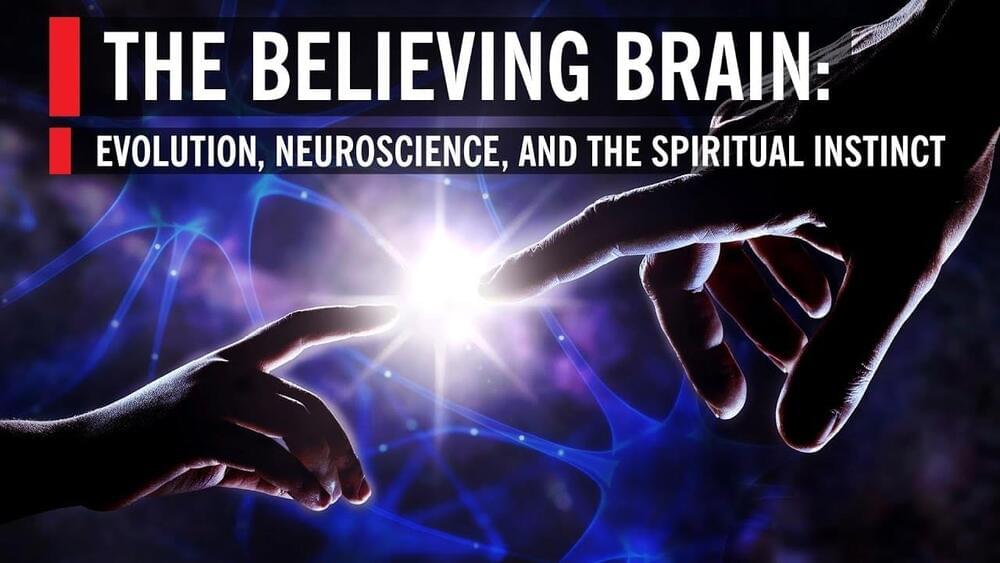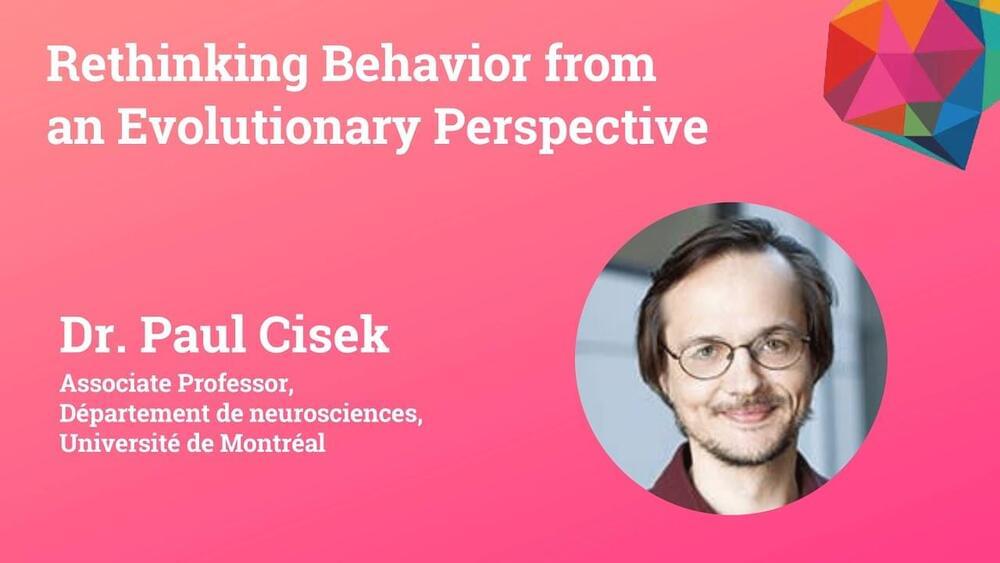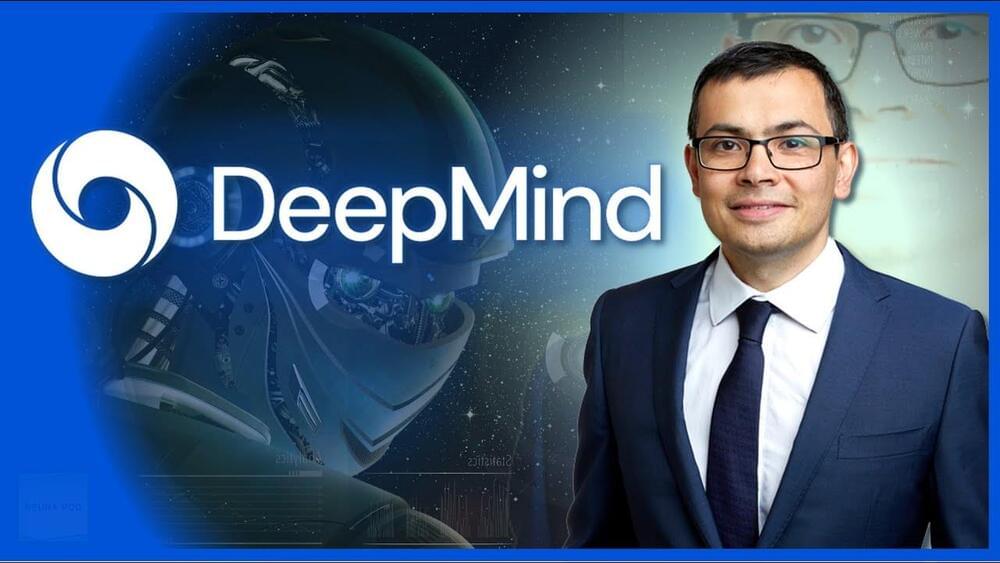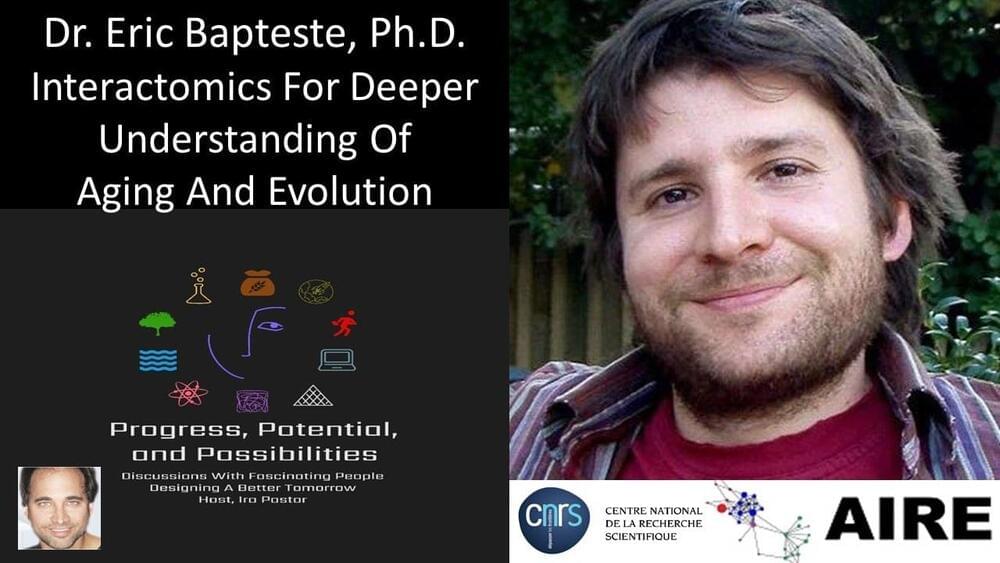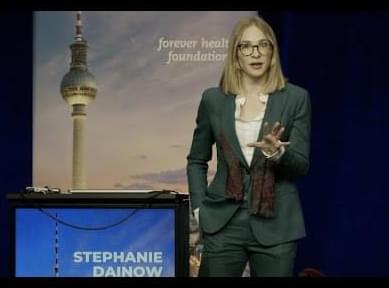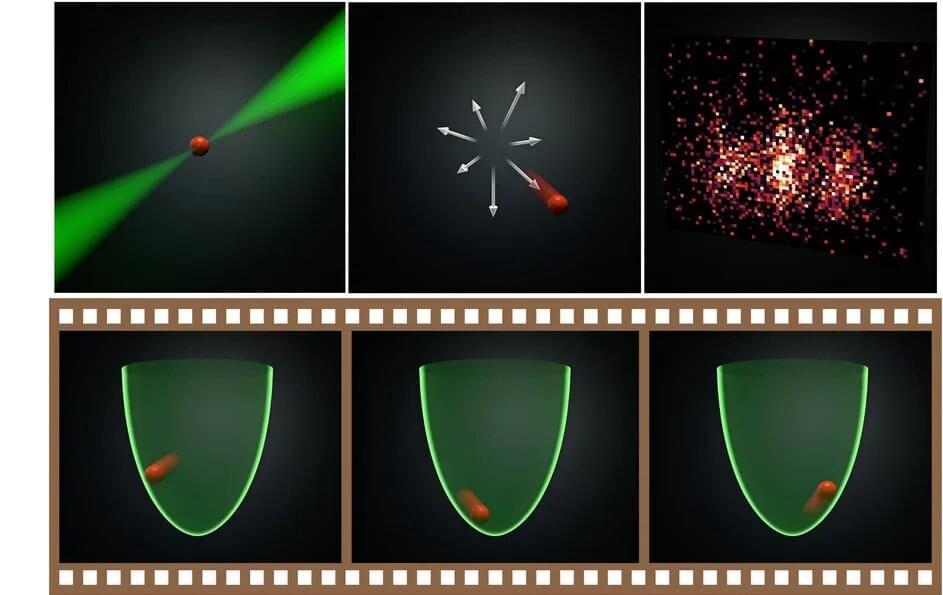
When it comes to creating ever more intriguing quantum systems, a constant need is finding new ways to observe them in a wide range of physical scenarios. JILA Fellow Cindy Regal and JILA and NIST Fellow Ana Maria Rey have teamed up with Oriol Romero-Isart from the University of Innsbruck and IQOQI to show that a trapped particle in the form of an atom readily reveals its full quantum state with quite simple ingredients, opening up opportunities for studies of the quantum state of ever larger particles.
In the quantum realm an atom does not behave as a point particle; instead it behaves more as a wave. Its properties (e.g., its position and velocity) are described in terms of what is referred to as the wavefunction of the atom. One way to learn about the wavefunction of a particle is to let the atom fly and then capture its location with a camera.
And with the right tricks, pictures can be taken of the particle’s quantum state from many vantage points, resulting in what is known as quantum tomography (“tomo” being Greek for slice or section, and “graphy” meaning describing or recording). In the work published in Nature Physics, the authors used a rubidium atom placed carefully in a specific state of its motion in a tightly focused laser beam, known as an optical tweezer. And they were able to observe it from many vantage points by letting it evolve in the optical tweezer in time. Like a ball rolling in a bowl, at different times the velocity and location of the particle interchange, and by snapping pictures at the right time during a video reel of the ball, many vantages of the particle’s state can be revealed.

